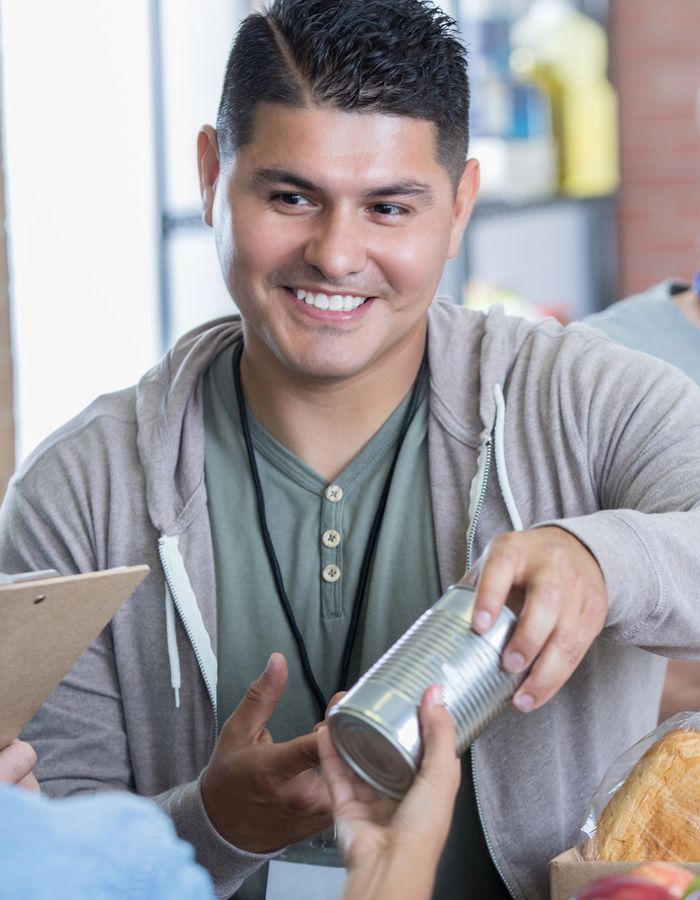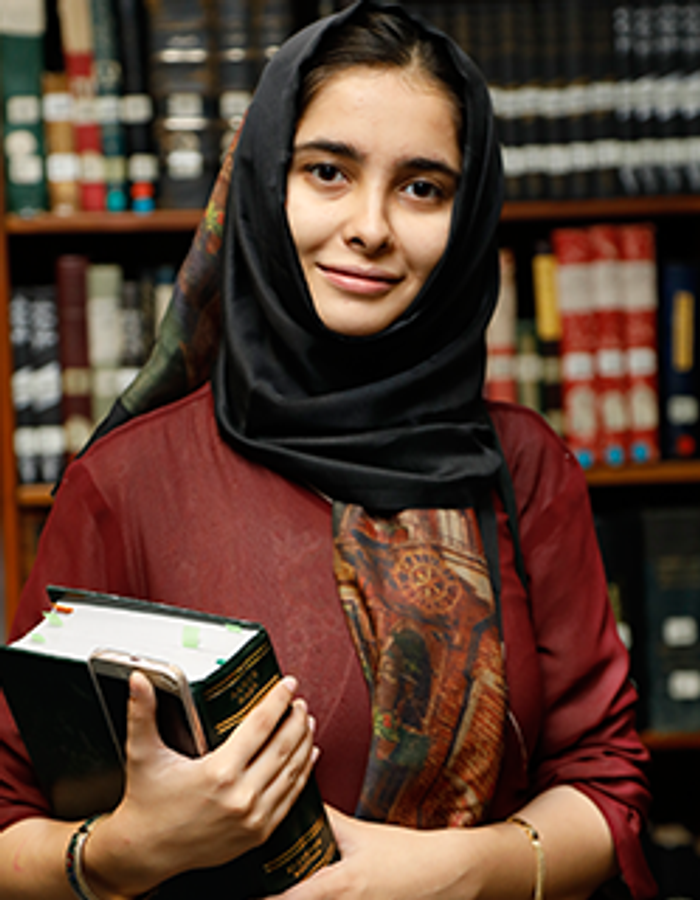GlobalGiving UK | Insights from using technology in disaster response
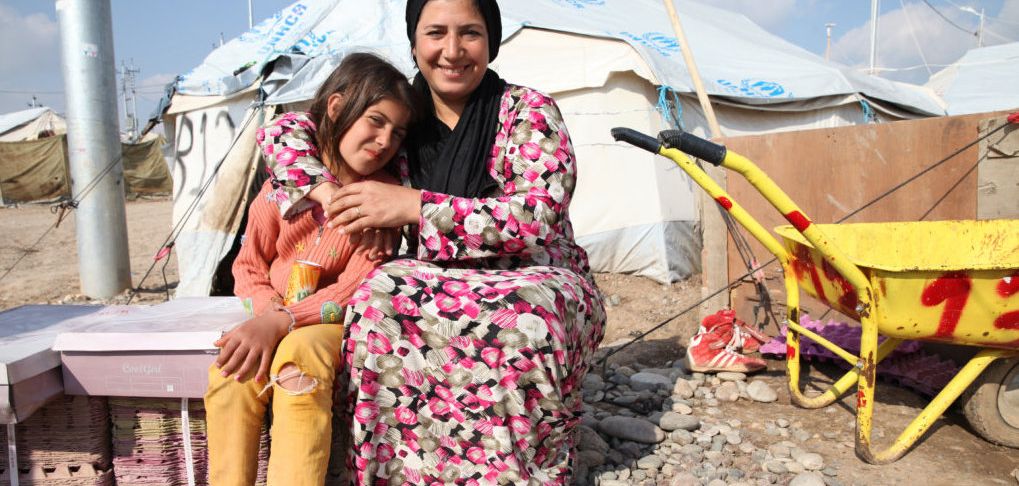
What’s the role of technology in disaster response? What do nonprofit leaders need to know to make smarter decisions with their investment in tech solutions?
When a disaster strikes and global powers rush (or sometimes stumble slowly but loudly) to provide aid, there can be a tendency for local recovery efforts to be overlooked and underfunded. Since 2004, GlobalGiving has been working on shifting the power towards community-led organisations to help them lead on their own recovery efforts. As a top-rated charity, and one of the most trusted charities in the world, they have facilitated more than £180 million donations in response to disasters. They are striving to make it easy and safe for donors to support people on the ground.
Their latest fund was created to support people affected by the powerful earthquakes that struck Turkey and Syria in February 2023 which has raised more than £5 million so far. GlobalGiving is committed to supporting people on the ground, and is using technology to do that.
We’ve been collaborating with GlobalGiving UK for several years now and we share their team’s vision to accelerate community-led change. Working with them on some of our BRIDGE programmes we’ve been continually impressed by their use of technology to support community-led change.
We spoke to Alex Ritchie, the CEO of GlobalGiving UK, to find out what they’ve learned from the launch of another relief fund, what role technology can play and why the nonprofit sector should invest in fundraising technology.
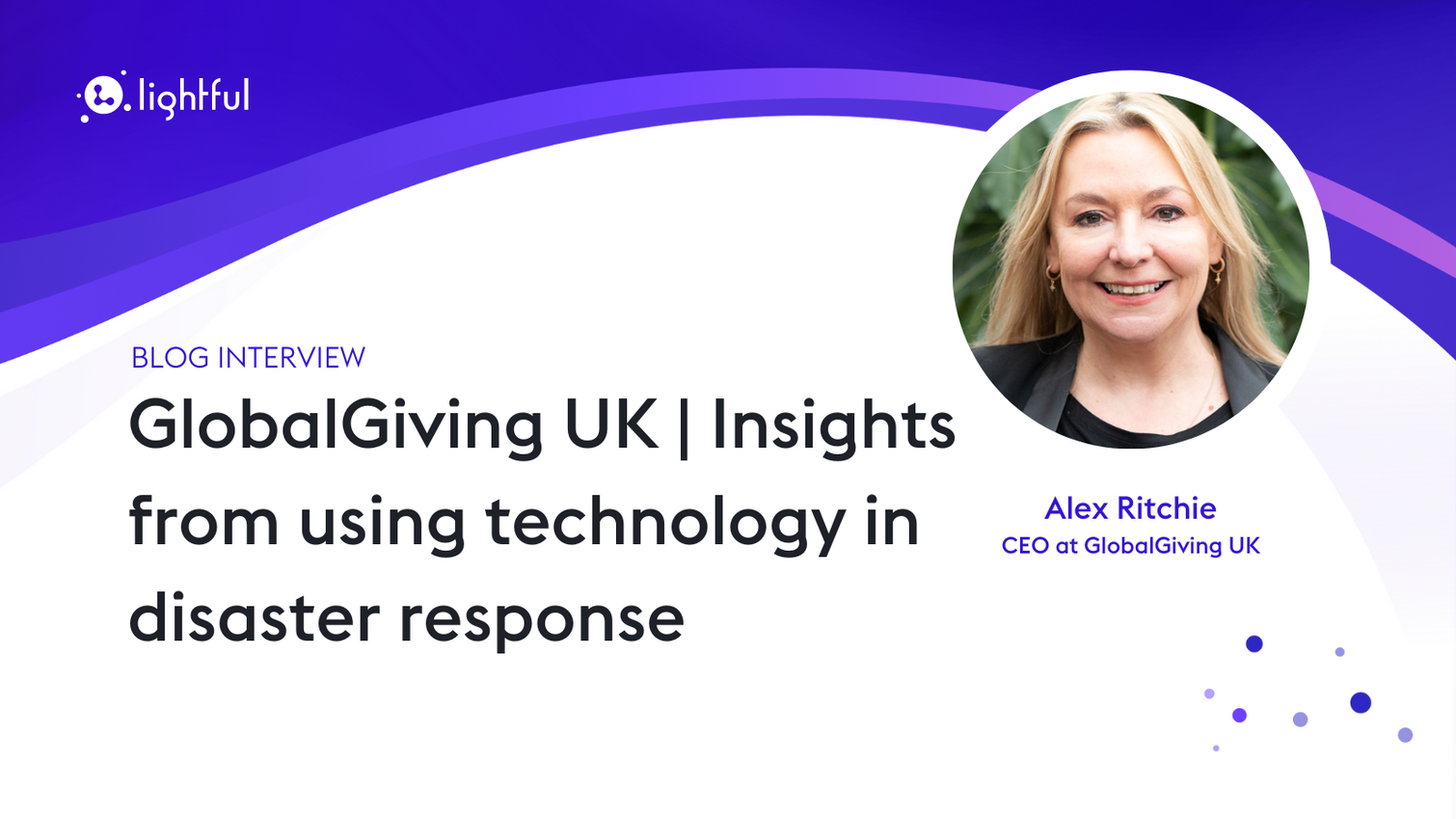
Why is investing in fundraising technology and skills important for the nonprofit sector? What problems can it solve?
The nonprofit sector, along with so many others, embraced digital acceleration in a way that they hadn’t previously throughout 2020 and 2021. Adjusting and adapting to new ways of working during and following the pandemic brought the fundamental necessity of tech to the forefront of our way of working.
At GlobalGiving, we use digital technology to connect individuals, nonprofits, and companies all over the world. This allows donors the opportunity to give with confidence to vetted nonprofits globally. It gives nonprofits access to networks, resources - both financial and human - and data; so aid flows more efficiently and effectively than ever before. When disasters strike, we deliver funds to community-led organisations that provide relief and long-term recovery to those who need it most. And we use digital technology to do it.
Of course, a huge amount of this is down to our team at GlobalGiving, our nonprofit partners, our corporate partners and individuals who are willing and able to give large sums of money…but the ability to do it, beyond those human connections, is fundraising tech.
Our team and our tech make it easy, quick, and safe to support people on the ground who understand needs in their communities better than anyone else. It’s via tech that we can and do help donors, nonprofits, and those they serve, to thrive.
What stops nonprofits from using fundraising tech?
Change can be scary - it’s often easier to do things the way that you always have. In addition, bringing in new systems and tech can be complex, have a long lead in time and be expensive - it’s a risk.
As COVID lockdowns prevented in-person fundraising, organisations weren’t left with a lot of choice - they had to pivot and switch to online fundraising, at speed.
In my opinion, technology can help with almost every aspect of running a nonprofit. At GlobalGiving, it helps us to engage with donors and track outcomes; the right tech can streamline reporting processes and help us to allocate resources in the most impactful way. So while change can be scary - this type of change is one that’s worth taking the plunge for.
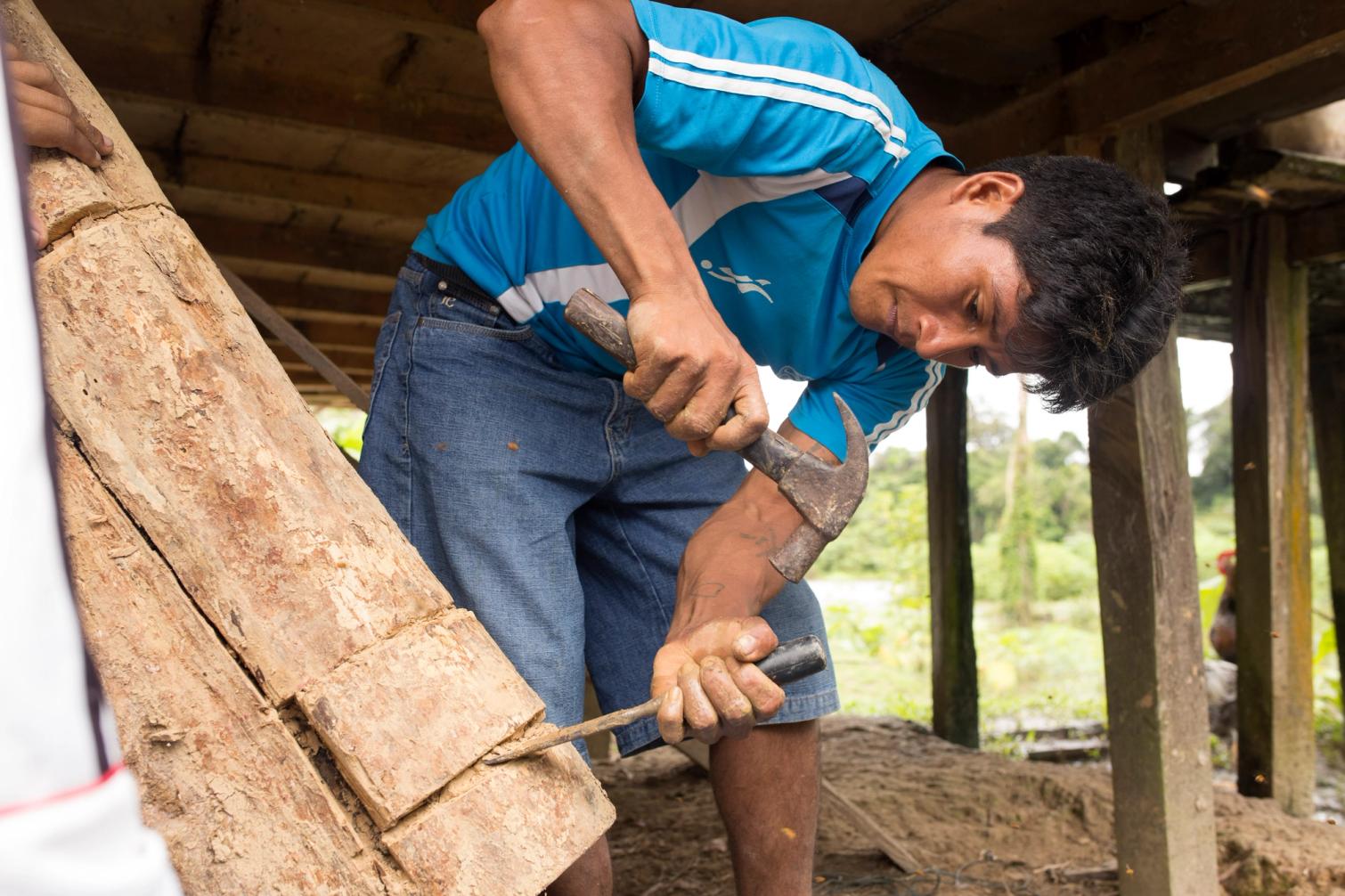
How does GlobalGiving’s technology help charities build trust with donors and stakeholders?
This is a great question, although I don’t actually think that tech builds trust on its own. It’s how tech bridges new connections, allows us to build empathy through storytelling, and offers relationship building that builds trust.
When charities start out in digital fundraising, an early myth to be busted is that donors just lurk online waiting to donate. This isn’t true. Tech is a tool - that, if done well, creates safe, efficient giving experiences - but the network and relationship building is still necessary - whether that is charity to donor or peer fundraising.
Brands are also trust indicators - so we try to strike a balance between providing the space and platform to elevate community-led work and creating brand-trust in GlobalGiving.
You’ve launched a relief fund for the earthquakes in Turkey and Syria and raised more than £5m. Can you tell us more about the project, the way you used technology and how it led to this fundraising success?
Our Turkey and Syria Earthquake Fund was a great example of our Disaster Response Team’s work. We sent out emails to our corporate partners and major donors, urging them to donate and stressing the need of people impacted.
We were able to send out funds within a matter of days which is a large part of our success - our agility. And we could name twelve specific local nonprofit partners that we were working with and funding.
Via email, social media and our website, we kept our communication up to date on what was happening in Turkey and Syria and kept our donors in the loop on what their donations were being used for.
Throughout this extensive tragedy, vetted GlobalGiving nonprofit partners brought hope, and they continue to do so.
We are also hugely appreciative of our corporate partners who often drive a large amount of volume to our disaster efforts. This comes from building long term partnerships with them and demonstrating how we've channelled their resources in previous disasters by sharing impact reports, and fund updates, so we ensure that we connect the donors back to how funds have been used for good.
The UK Cost of Living Crisis Fund is our first UK-specific fundraising campaign. With more than 86% of nonprofits in the UK worried about the impact that the cost of living will have on those who rely on them, we’re proud to work alongside a number of locally-led organisations. We have successfully dispersed our first round of grants to eight nonprofits whose work covers mental health, education, and safe housing for children. We use technology to fundraise for organisations that need support and will continue to do so.
What has to happen internally to trigger the launch of a big relief fund like this in a specific cause area and region?
Our Disaster Response Team works around the clock and follows the news channels around the world. When a major disaster strikes or a humanitarian crisis occurs, our team triggers a response and launches a fund. They then get in touch with local partners responding to the crisis.
Our network of local partners globally means we can safely and quickly deliver grants and donations to trusted, local nonprofit leaders on the ground. Thousands of local organisations in 175+ countries are the backbone of our network.
In the case of Ukraine, our funds launched quickly and corporates and donors supporting the fund immediately, meant we could deliver grants only days after the Russian invasion. On this occasion, the need indicators came from within our community, as opposed to outside of it. We first heard from local partners in the region who underscored the mounting risk - while in the mainstream media it was being downplayed. We launched in response to their feedback and needs.
There are lots of tech solutions out there. How would you advise leaders of nonprofit organisations to select and prioritise the tech that is right for them?
I would tell them they don’t have to go at it alone. Partnering with a trusted organisation that delivers great tech solutions will allow them to concentrate on what they do best: responding locally and letting the partner organisation gather that support for them.
GlobalGiving's disaster funds benefit multiple organisations: we promote the fund to corporate partners, individual donors, and major donors, plug the fund to other platforms via our great API solutions. We then aggregate these funds, and distribute them where they are needed most. A small to medium-sized nonprofit trying to do that would struggle - hence one of the reasons that we’re here.
Key takeaways
- Technology can be a great tool to facilitate community-led change
- Building connections can increase confidence for donors, and build trust - fundraising tech can unlock this to raise and disperse funds quickly
- Tech is a tool that can create safe, efficient giving experiences - but it doesn’t replace relationship building - it enhances it
- Long term partnerships and a strong feedback loop lays the foundations to be able to galvanise donors at speed in a crisis
- Nonprofits don’t need to go it alone when it comes to tech - partnering with established organisations who offer nonprofit focused tools provides the best of both worlds - cutting edge tech without having to become a tech company themselves
- Local organisations can tell us the truth about what is happening on the ground in a crisis

Did you find this article useful? Sign up for our newsletter and stay up-to-date with blogs, articles, and events in the nonprofit and philanthropy space.
Latest articles
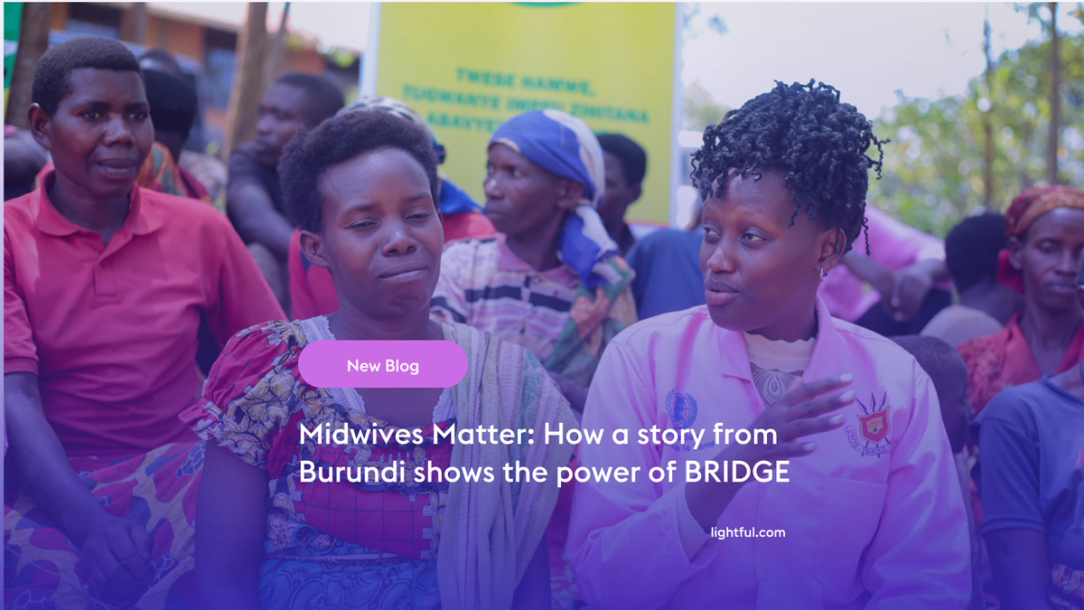
Over the past year, Lightful and the International Confederation of Midwives (ICM) have supported Midwives Associations across Africa, South Asia and the Eastern Mediterranean to build their digital confidence through our BRIDGE programme. These organisations were starting from very different places, but all shared the same goal: to use digital tools to strengthen their voice, raise their visibility and advocate for better outcomes for women and babies.
Related posts
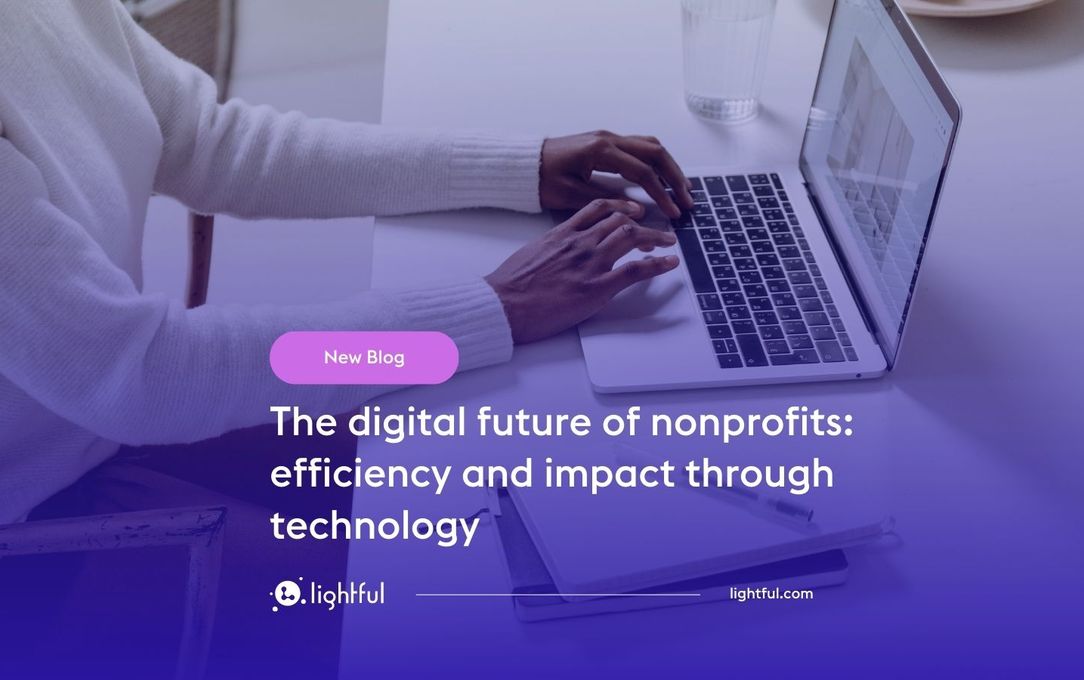
In today's fast-paced, technology-driven world, the power of digital transformation is more apparent than ever. For nonprofits, leveraging technology can be a game-changer, driving social good as well as enhancing efficiency and organisational resilience.
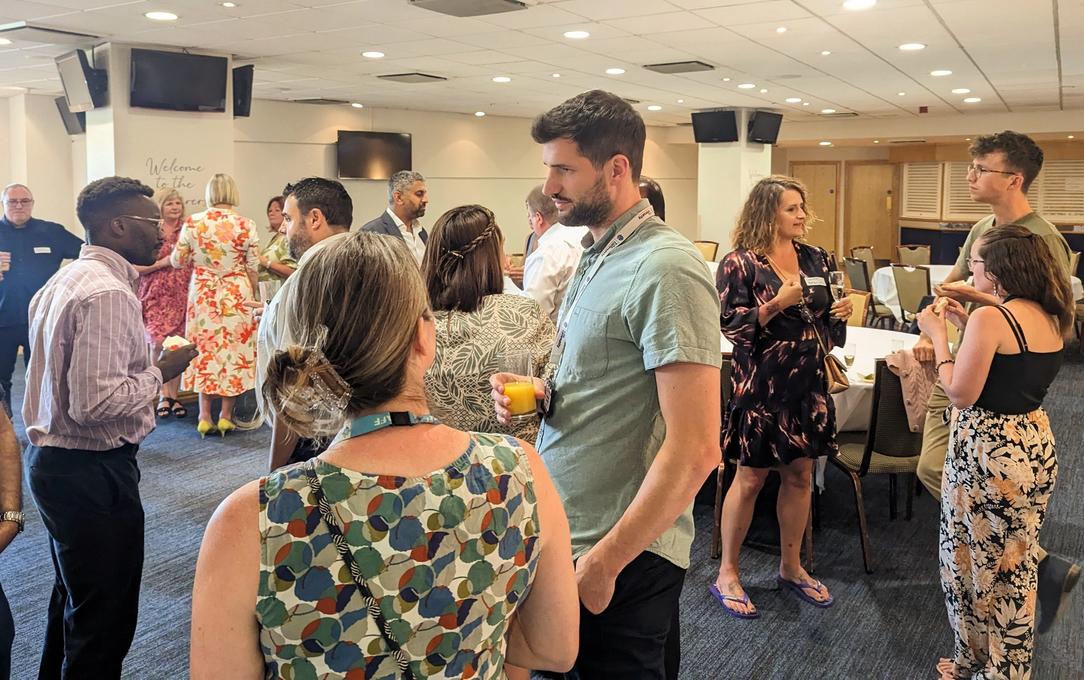
Back in November 2022 the Bolton Digital Skills programme launched with the aim of equipping 50 local charities with the confidence and skills needed to thrive in the digital space. The programme was a collaborative initiative made possible by Bolton Wanderers in the Community, a charitable organisation associated with Bolton Wanderers Football Club, and Bolton CVS (Community and Voluntary Services), a leading infrastructure organisation supporting the voluntary, community, and social enterprise sector in Bolton.
See who we help
Contact us
Want to learn more?
Email Jonathan and start a conversation



